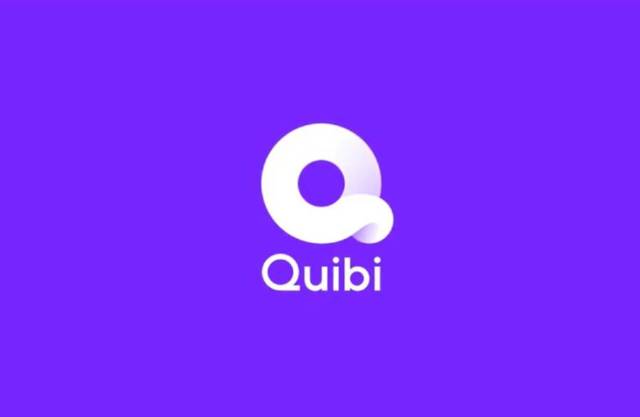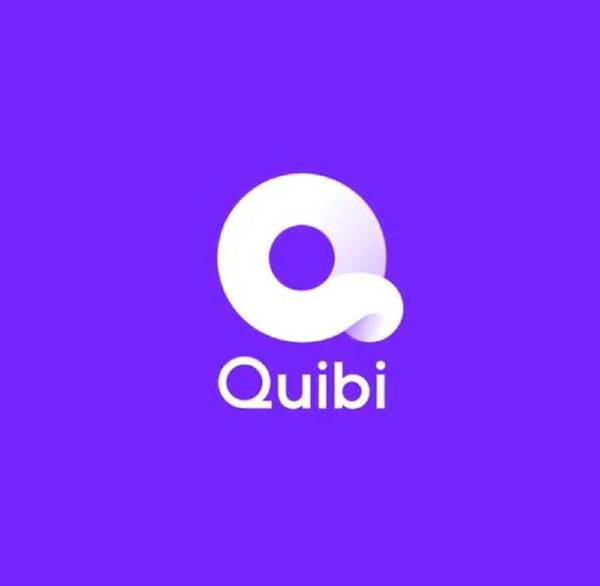Quibi Just Folded, Taking Two Billion Dollars of The World’s Dumbest People’s Money With Them

Quibi. It’s short for a quick bite and it’s synonymous with a huge piece of s**t everyone but people with more money than brains knew was going to fail within a year. So the announcement that it had indeed shuttered after only six months wasn’t really a surprise. If anything, I’m shocked by the longevity of Quibi, I had August in the office death pool.
There is an upside to the closure of Quibi, and it’s that most of Hollywood took an absolute bath on this failure that everyone but them saw coming. Seriously, Wikipedia’s entry on Quibi says that “in 2018, Quibi raised $1 billion in funding from major Hollywood film studios, TV companies, telecommunications companies, technology companies, banks, and other investors including The Walt Disney Company, 21st Century Fox, NBCUniversal, Sony Pictures, Time Warner, Viacom, eOne, Lionsgate, MGM, Madrone Capital, Goldman Sachs, JPMorgan Chase, Alibaba Group, Liberty Global and ITV.” By the time they folded they had raised almost $2 billion in VC money.
Basically, these Hollywood investors can’t wait to throw money at people whose names they know and Quibi was the brainchild of Jeffrey Katzenberg, the former head of Disney and was run by Meg Whitman, the former CEO of HP. Those are names all those businesses knew so of course their new product was going to be hugely profitable, right?
The problem with Quibi is that it was like YouTube but with much worse content and it cost more than Disney+. The main draw of YouTube is that it’s free. Sure, it has ads but you can just go there and there’s enough free content that you’ll never be able to watch it all. Now, a lot of YouTube content is low-quality video clickbait, but there’s so much quality, professionally-produced content there that the cream of the crop on YouTube dwarfs the total amount of content on Quibi, which was very much bulked out by news programming.
The reason so many YouTube channels like Good Mythical Morning and Babish Culinary Universe have had as much success as they have is that they’re independently created by people who are able to infuse their actual personalities into the finished product.
Quibi didn’t even try to do that in the way that, say, Condé Nast did. Quibi tried to bring a sort of network/Netflix television to short-form streaming content and it’s just a thing no one asked for and clearly something that no one wanted when it was offered.
But it seems likely that the bigger reason Quibi wanted to get into short-form content is that they could skirt union regulations and underpay the crews on these shows. Basically, once a show gets over 20 minutes long, you have to pay the crew more. If you take a three-act, 24-minute television show and break it into three seven-minute episodes, you can save a ton of money by underpaying the crew.
When I took a free trial and looked at what Quibi was doing, its scripted programming was mostly comprised of multi-part serials with a total length in the neighborhood of 90 minutes. Quibi’s business model was to make feature films for streaming and do it by paying all the cameramen and gaffers and grips and script supervisors and what have you well below the rates their unions negotiated for by having the credits play ten times during every film instead of just at the end.
It’s good for everyone that Quibi failed. They didn’t understand the market and their business model was premised on exploiting workers. But there are going to be a lot of Quibis as the streaming market sorts itself out. Remember Seeso? The streaming service that basically denied Americans a chance to watch Get Krack!n, the absolutely brilliant Australian morning-show parody. That was maybe the first Quibi. But more Quibis are on the horizon. Hulu could even be the next Quibi once it loses its network TV content.
